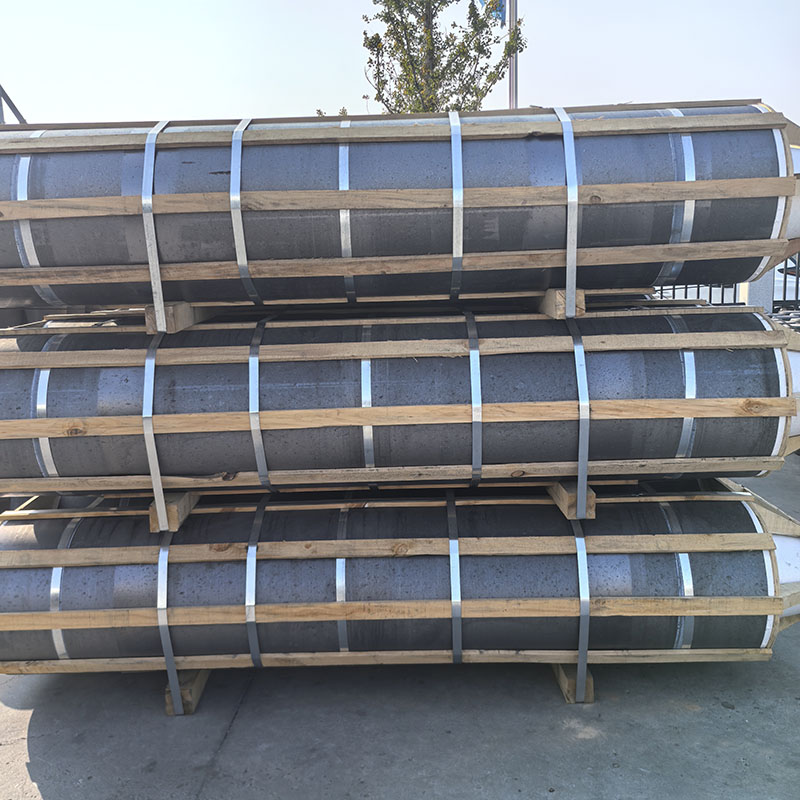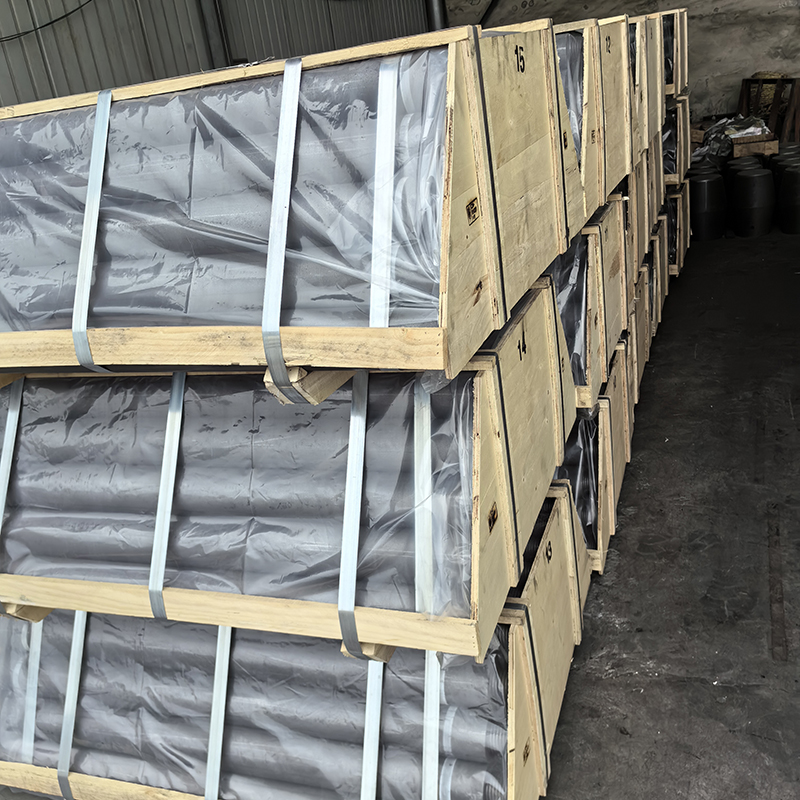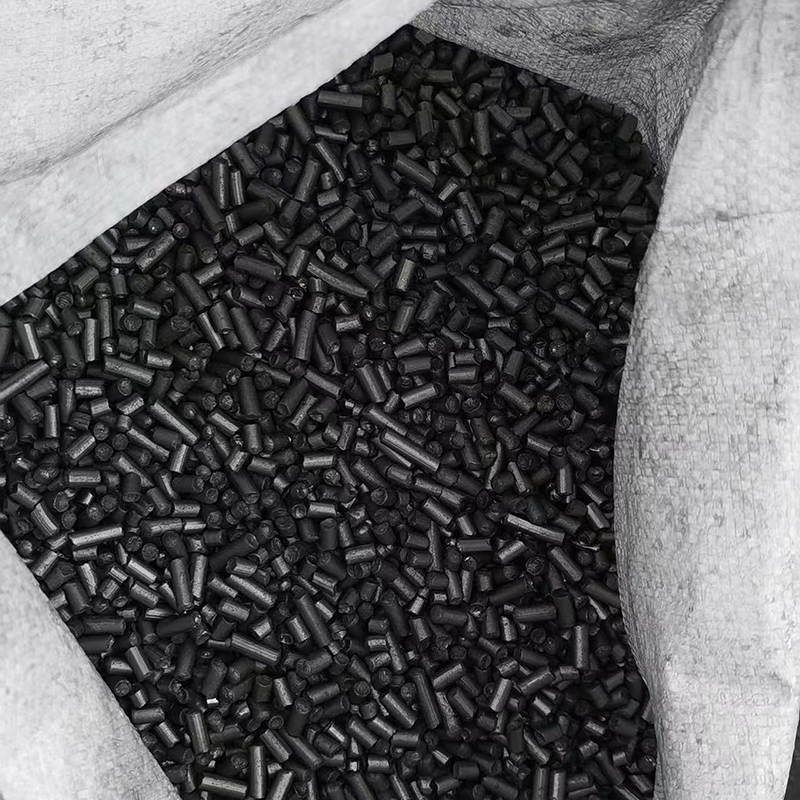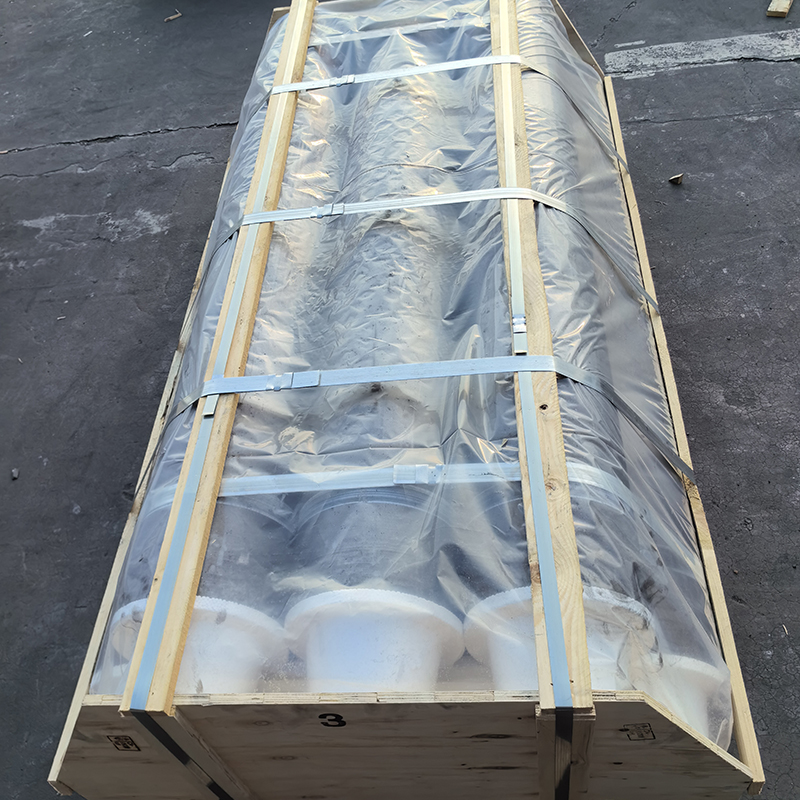- English
- Chinese
- French
- German
- Portuguese
- Spanish
- Russian
- Japanese
- Korean
- Arabic
- Irish
- Greek
- Turkish
- Italian
- Danish
- Romanian
- Indonesian
- Czech
- Afrikaans
- Swedish
- Polish
- Basque
- Catalan
- Esperanto
- Hindi
- Lao
- Albanian
- Amharic
- Armenian
- Azerbaijani
- Belarusian
- Bengali
- Bosnian
- Bulgarian
- Cebuano
- Chichewa
- Corsican
- Croatian
- Dutch
- Estonian
- Filipino
- Finnish
- Frisian
- Galician
- Georgian
- Gujarati
- Haitian
- Hausa
- Hawaiian
- Hebrew
- Hmong
- Hungarian
- Icelandic
- Igbo
- Javanese
- Kannada
- Kazakh
- Khmer
- Kurdish
- Kyrgyz
- Latin
- Latvian
- Lithuanian
- Luxembou..
- Macedonian
- Malagasy
- Malay
- Malayalam
- Maltese
- Maori
- Marathi
- Mongolian
- Burmese
- Nepali
- Norwegian
- Pashto
- Persian
- Punjabi
- Serbian
- Sesotho
- Sinhala
- Slovak
- Slovenian
- Somali
- Samoan
- Scots Gaelic
- Shona
- Sindhi
- Swahili
- Tajik
- Tamil
- Telugu
- Thai
- Ukrainian
- Urdu
- Uzbek
- Vietnamese
- Welsh
- Xhosa
- Yiddish
- Yoruba
- Zulu
- Kinyarwanda
- Tatar
- Oriya
- Turkmen
- Uyghur

Kumaha tar batubara nyumbang kana inovasi téknologi?
2025-09-27
Peran tar batubara dina kamajuan téknologi panginten henteu écés dina pandangan kahiji. Tapi, produk sampingan tina pamrosésan batubara ieu ngagaduhan poténsial dina sagala rupa industri, sering ngahérankeun jalma-jalma anu langkung jero. Ieu mah sakadar ngeunaan na poék, formulir kentel; Ieu ngeunaan kimia jeung versatility nu bisa spur inovasi dina cara teu kaduga.
Ngartos Komposisi Tar Batubara
Tar batubara nyaéta campuran kompléks hidrokarbon. Ieu komposisi intricate nu nyadiakeun sumber euyeub pikeun sagala rupa sanyawa kimia ngaliwatan distilasi jeung ngolah. Salaku conto, produksi pewarna, plastik, sareng farmasi sering ngandelkeun turunan tar batubara. Ieu gaduh implikasi langsung pikeun kamajuan téknologi dimana bahan maénkeun peran anu penting.
Candak conto Hebei Yaofa Carbon Co., Ltd., pamaén utama dina industri bahan karbon. Kalayan pangalaman langkung ti dua puluh taun, kaahlianana aya dina ngamangpaatkeun produk sampingan karbon. Perusahaan sapertos ieu ngartos kumaha ngetok poténsial tar batubara, nawiskeun sajumlah bahan karbon sapertos anu katingal dina ramatloka maranéhanana.
Ku cara ékstraksi komponén kawas bénzéna, toluén, jeung xylene, prosésor tar batubara muka jalur pikeun nyieun bahan téhnologis kritis. Kaahlian aub dina operasi sapertos mindeng informs inovasi, ngarah kana ngembangkeun bahan anyar atawa ningkat kalawan sipat ditingkatkeun.

Aplikasi dina Téknologi Modern
Persimpangan tar batubara sareng téknologi henteu ngan ukur dugi ka bahan baku. Dina ranah neundeun énérgi, pitches tar batubara jadi titik fokus. Pitch ieu nyumbang kana pembuatan anoda dina batré litium-ion, anu penting pikeun éléktronika modéren.
Sanajan kitu, tantangan aya. Purity sanyawa sasari bisa rupa-rupa, impacting efektivitas maranéhanana. Perusahaan sapertos Hebei Yaofa Carbon Co., Ltd. parantos investasi dina prosés pemurnian anu mastikeun konsistensi sareng kinerja. Aranjeunna nuju motong, ngarobih sumber daya kuno janten hal anu saluyu sareng kabutuhan téknologi masa depan.
Industri terus-terusan ngatasi halangan-halangan ieu pikeun ngadorong kamajuan. Unggal tangtangan masihan kasempetan pikeun berinovasi - tina prosés pemurnian dugi ka ngalaksanakeun téknik énggal anu tiasa nyababkeun efisiensi sareng pangurangan biaya.
éléktroda grafit jeung saluareun
Pamakéan tar batubara anu matak pikaresepeun nyaéta peranna dina éléktroda grafit, garis produk anu kasohor di perusahaan sapertos Hebei Yaofa Carbon Co., Ltd. Éléktroda ieu integral kana tungku busur listrik, anu dianggo pikeun produksi baja - batu pondasi manufaktur industri.
Narikna, ngaronjatkeun kualitas éléktroda ieu merlukeun inovasi dina ngolah bahan baku. Ku ningkatkeun bahan dasar anu diturunkeun tina tar batubara, pabrik tiasa sacara signifikan ningkatkeun kinerja éléktroda, anu ngagaduhan pangaruh hilir dina kualitas baja sareng efisiensi produksi.
Siklus perbaikan iteratif ieu nunjukkeun kumaha tar batubara, bahan anu sigana biasa, tiasa mangaruhan ékosistem téknologi anu langkung lega, tina manufaktur primér dugi ka éléktronika canggih.
Tantangan jeung Kasempetan
Éta henteu sadayana lancar. Implikasi lingkungan tina pamakéan tar batubara teu bisa dipaliré. Ngabantosan kasaimbangan antara ngamangpaatkeun poténsina sareng ngaminimalkeun tapak suku ékologis penting pisan. Pausahaan nuju ékspérimén sareng téknik ngolah anu langkung bersih sareng prakték ngokolakeun runtah anu langkung saé.
Narikna, kolaborasi sakuliah industri mindeng drive solusi éféktif. Naha éta gawé bareng sareng élmuwan lingkungan atanapi inovator téknologi, aya léngkah anu kedah dilakukeun dina cara urang ngubaran sareng ngungkit sumberdaya ieu sacara tanggung jawab.
Pamustunganana, masa depan gumantung kana ngahijikeun tar batubara kana narasi sustainable, dimana biaya lingkungan dikurangan ku kauntungan téknologi.
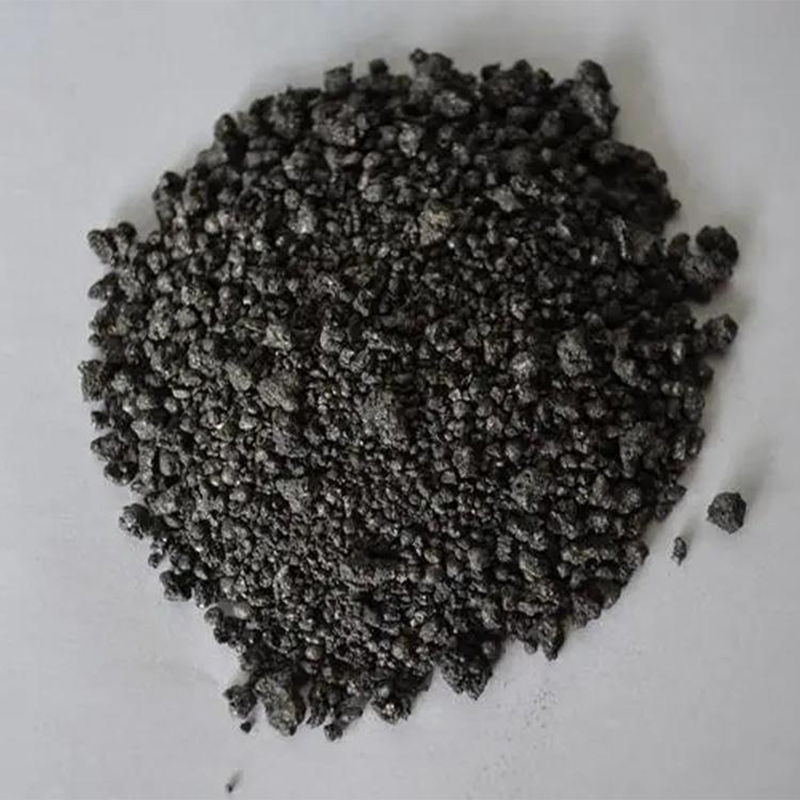
The Future of Coal Tar di Tech
Ningali ka hareup, kemungkinan sigana teu aya watesna. Nalika bentang téknologi urang mekar, ogé metode sareng bahan anu urang dianggo. Ngajauhan pandangan tradisional tar batubara muka panto pikeun aplikasi kreatif sareng prosés anu ditingkatkeun dina industri.
Hebei Yaofa Carbon Co., Ltd. nunjukkeun kumaha panalungtikan sareng pamekaran anu lumangsung tiasa mendakan aplikasi anyar. Ku terus-terusan ngadorong wates-wates naon waé anu mungkin sareng turunan karbon, perusahaan sapertos kitu henteu ngan ukur netepkeun standar industri tapi ogé ngumbara ka daérah anu henteu dianggo.
Tar batubara téh leuwih ti saukur produk gigir; Éta mangrupikeun pondasi poténsial inovasi téknologi, ngantosan langkung seueur profésional pikeun muka konci rahasia na.







